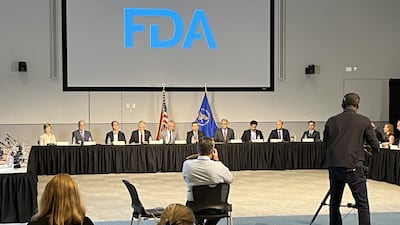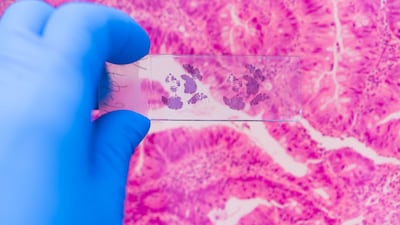Stem cell manufacturers have rarely been subject to aggressive US FDA enforcement actions, but Commissioner Scott Gottlieb's recent announcement about a crackdown on unscrupulous companies in the regenerative medicine industry along with the seizure of product from a California facility could signal a meaningful change in how the agency targets dishonest industry players, a former FDAer says.
The Center for Biologics Evaluation and Research (CBER) has not often directed the seizure of unapproved product as it did...







